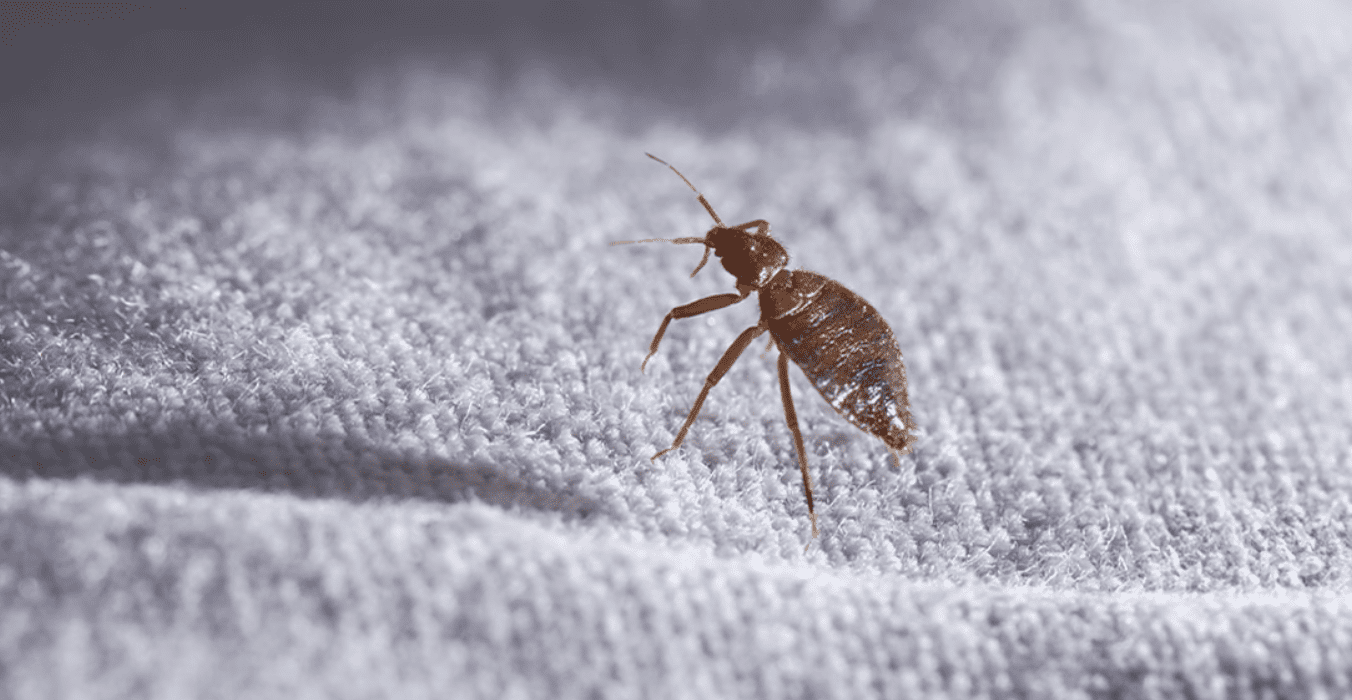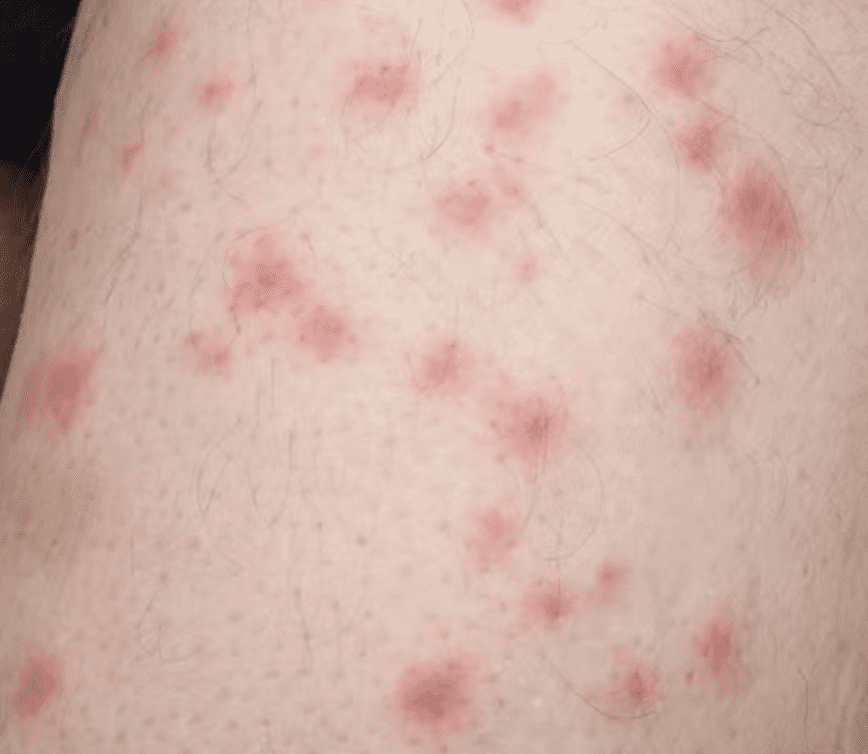
Over the last few weeks, we’ve been treated to some dire-sounding headlines about “Bed Bugs Outbreak in Paris” and a few other European cities. Allegations have been made that bed bugs have infested high-end hotels and are traveling home with visitors to that city. As bed bugs are a legitimate public health concern, business travelers should stay abreast of the situation and be aware of the realities and potential risks.
What are Bed Bugs?
A long-time pest in human residences, the tiny bed bug is a reddish-brown insect of the genus Cimex. Generally nocturnal, these creatures nest in bedding, fabrics, clothing, and the like and emerge to feed. As hematophages, bed bugs feed on blood–typically human blood. Uncovered areas of the body are most likely targets for bed bugs, which–much like mosquitos– by biting through the skin and injecting a blood-thinning agent that makes sucking the blood easier.
Bed bugs may travel on the body or clothing of their victims and thus spread from residence to residence, nesting in furniture, bedding, or other such places.
Bed Bug Outbreaks, Then and Now
We should note that bed bug outbreaks are not unprecedented in recent history. In 2010-2011, New York City faced nearly identical concerns about bed bugs in hotels, apartment buildings, and other multi-residence spaces. Then as now, it may seem that these infestations and “epidemics” spring up overnight, but in reality, they build over a much longer period. Per one expert interviewed by Scientific American: “It has the media excited, but in all honesty, these populations don’t develop just overnight . . . This is just getting attention again. And I promise these bed bugs have been there for a while.”
Some of the resurgence of bed bugs is a relative increase, coming after the population dropped drastically during the COVID-19 pandemic. Less travel and more isolation slowed the spread and propagation of bed bugs, which may now be rebuilding their numbers in a way that humans find noticeable. Another potential source of the bed bug plague comes from older and lower-income individuals, who have access to few resources with which to combat them.

Signs, Symptoms, and Treatment
The most obvious symptom of bedbugs is the distinctive bite marks, which can be found on any exposed part of the body. These bites have a fairly distinctive appearance and character:
- Inflamed spots, often with a darker spot in the middle
- Itchy
- Arranged in a rough line or in a cluster
- Located on the face, neck, arms and hands
If you see these on yourself or a loved one, bed bugs may be to blame. Other signs of bed bugs may include spots or streaks of blood on clothing or bedding, small dark stains on bedding or mattresses from bed bug excrement, and the presence of actual bed bugs themselves, either dead or alive. Bed bug eggs may also be noticeable, but at less than 1mm in size, they’re often easy to miss.
The good news about bed bugs is that they do not in and of themselves spread disease. However, bed bug bites can lead to discomfort, lack of sleep, topical infection, and allergic reactions. As bed bugs may spread as their host moves from place to place, avoiding bed bugs is a wise move for anyone.
The Real Risk of Bed Bugs in Paris and in Europe
While bed bugs may be increasing in number in Europe and elsewhere, the reality is that an individual traveler’s odds of encountering bed bugs in any given hotel or hotel room are minimal. Thus, the thought of bed bugs should not deter travelers from their European destinations or Parisian hotels. As best practice and for peace of mind, the Environmental Protection Agency recommends the following precautions for travelers:
- Inspect any room where you will be staying for the presence of bed bugs. You generally can do this without any extra tools, but a flashlight can be useful.
- Check the mattress and headboard before sleeping.
- Inspect luggage racks.
- In hotel rooms, use luggage racks to hold your luggage when packing or unpacking rather than setting your luggage on the bed or floor. Try to keep luggage away from bed.
- Upon returning home, unpack directly into a washing machine and inspect your luggage carefully. Remember that time in a dryer at high temperatures kills the bed bugs (just washing will generally not kill bed bugs).
- Store suitcases away from your bedroom, such as in the basement or garage. Never store suitcases under your bed.
Bed bugs are real, but for business travelers in Europe or the Americas, they are a relatively minor concern. Take basic precautions, stay in reputable hotels, and stay advised as to how the situation develops.
